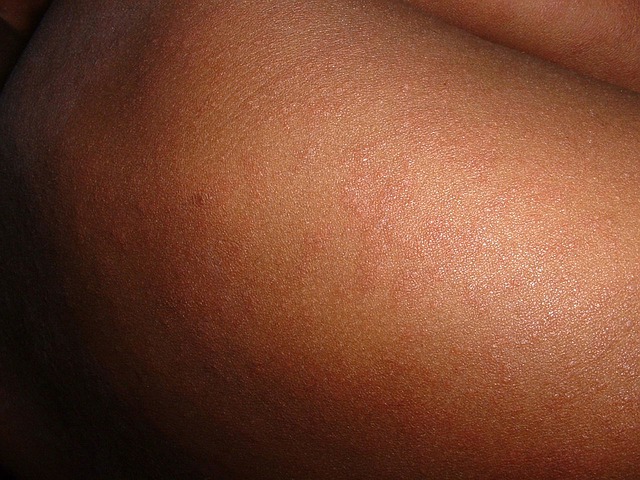Health Protection Surveillance Centre (HPSC) Ireland has been notified by the Health Service Executive (HSE) Department of Public Health in Galway of a newly confirmed measles case imported from another European country. This case is unrelated to the recently reported outbreak that resulted in 34 confirmed measles cases between April-mid July.

The most recent case travelled to Dublin by air on 18th July. At the time of travel the case was infectious (but did not know it). The case then travelled from Dublin to Galway by private transport. The case was diagnosed upon arrival in Galway and laboratory testing has confirmed measles infection.
HPSC has contacted the airline used by this case on July 18th and requested that all fellow passengers on the flight be notified of their possible exposure to measles. The alert includes information on signs and symptoms of measles, advice to seek medical attention if they develop measles-like illness and how to prevent spreading the infection to others (by staying at home if ill and contacting GP by phone to arrange consultation so that others are not exposed to measles unnecessarily).
There is also a risk that other members of the public may have been unknowingly exposed to measles when this case passed through Dublin airport upon arrival on 18th July (afternoon).
Dr Kevin Kelleher, Consultant in Public Health reminds the public and clinicians that measles can occur among non-immune individuals without recognized exposure to measles. “measles is highly infectious, and if cases are isolated early, the risk of transmission to vulnerable individuals decreases. The time between exposure to the virus and developing measles rash is normally 14 days (range 7-21 days). People are infectious from 4 days before rash starts until 4 days after.
People who are fully vaccinated with two doses of MMR vaccine are normally protected. Those most at risk are those who are not fully vaccinated with two doses of MMR, babies (younger than 12 months and too young to be vaccinated as part of routine program), non-immune pregnant women, and those with weakened immune systems if exposed.
Related:

